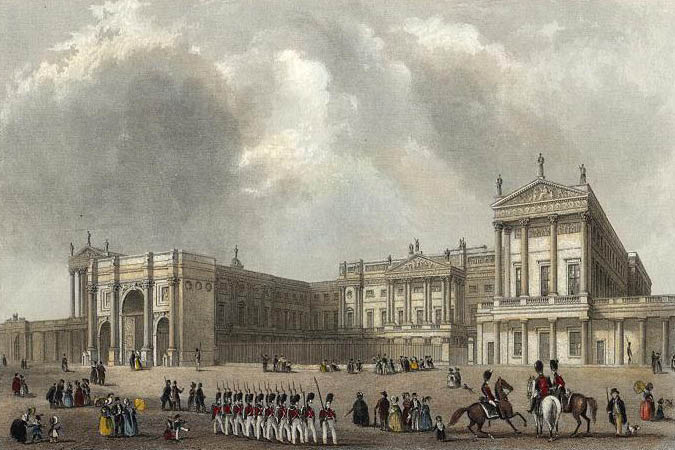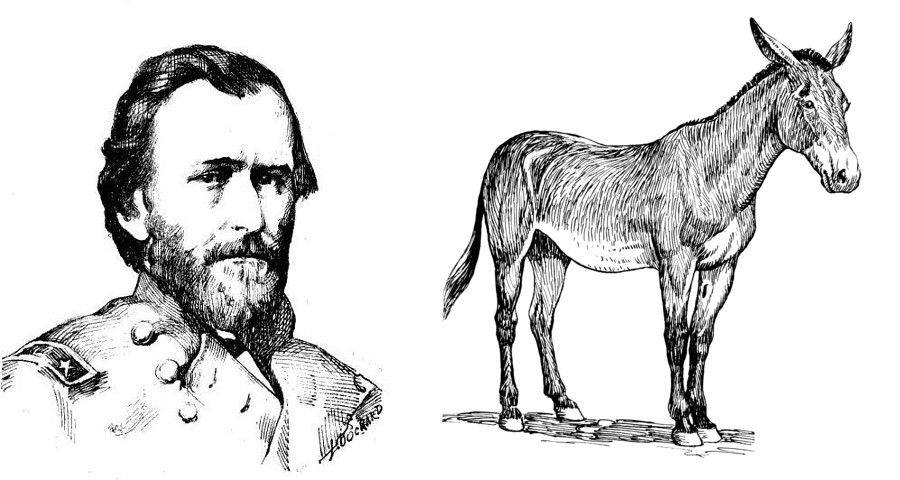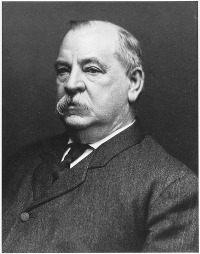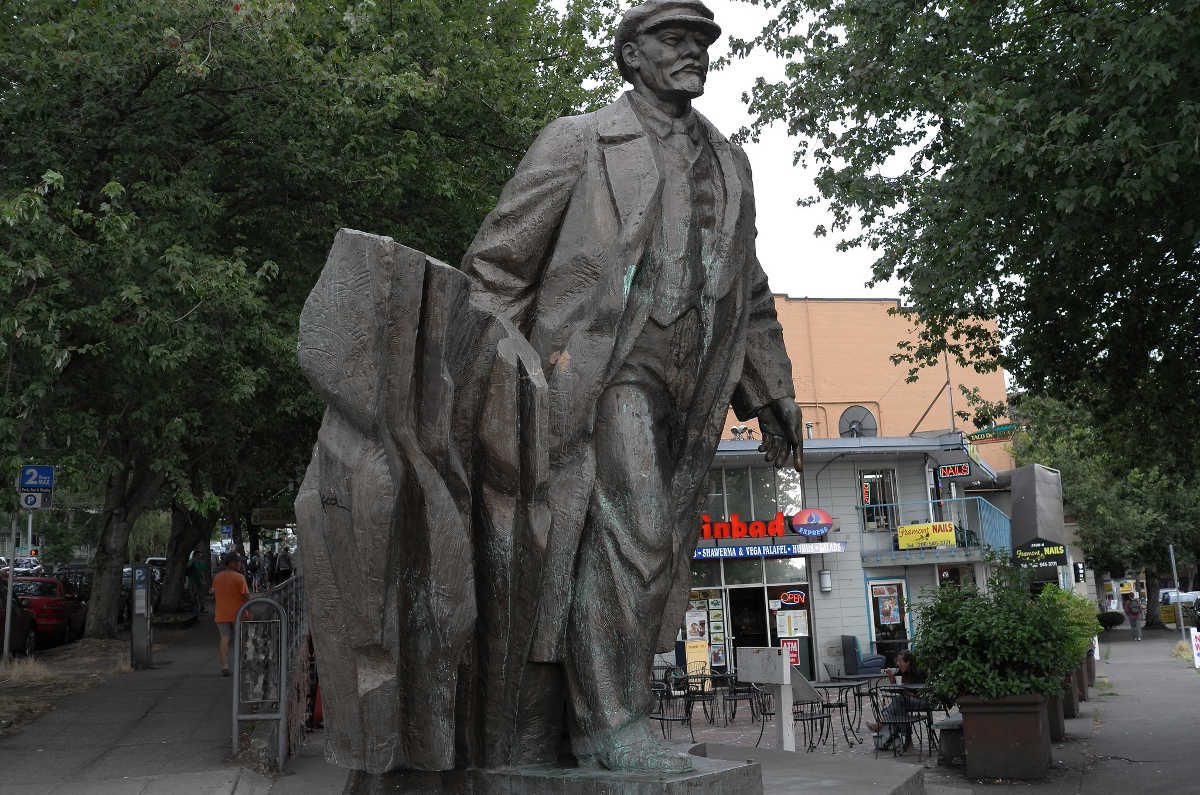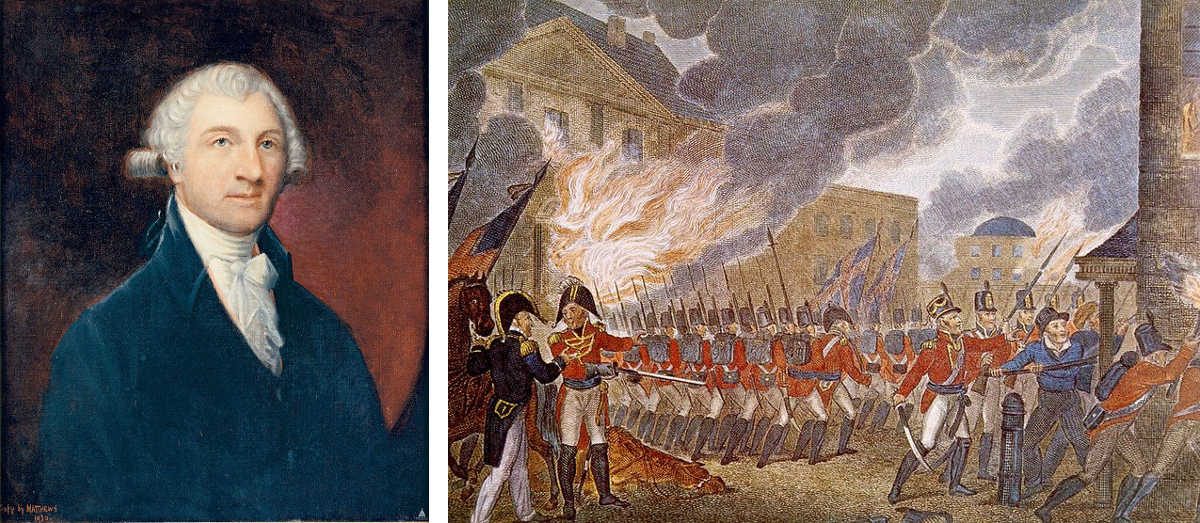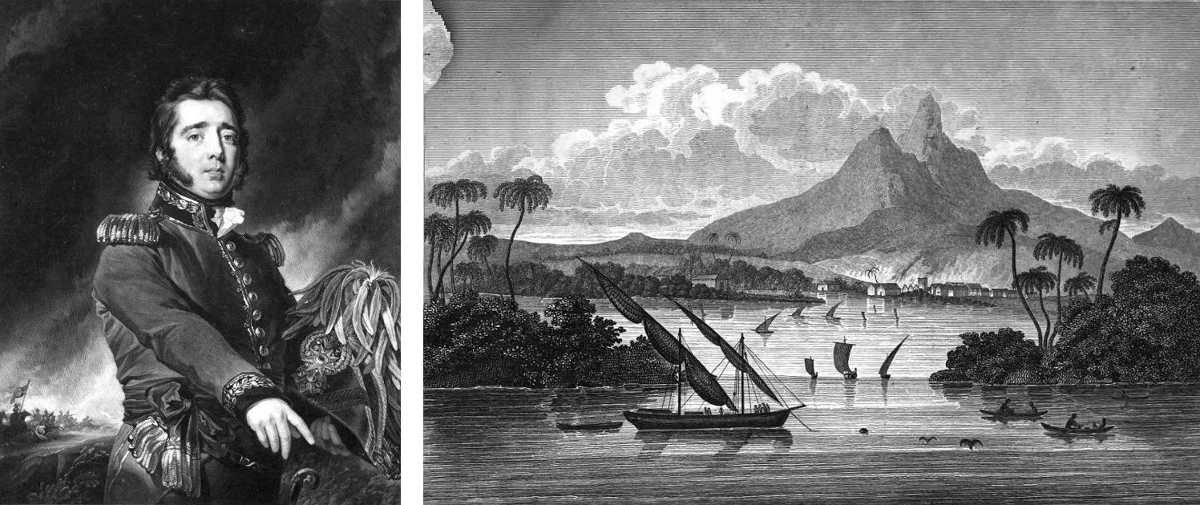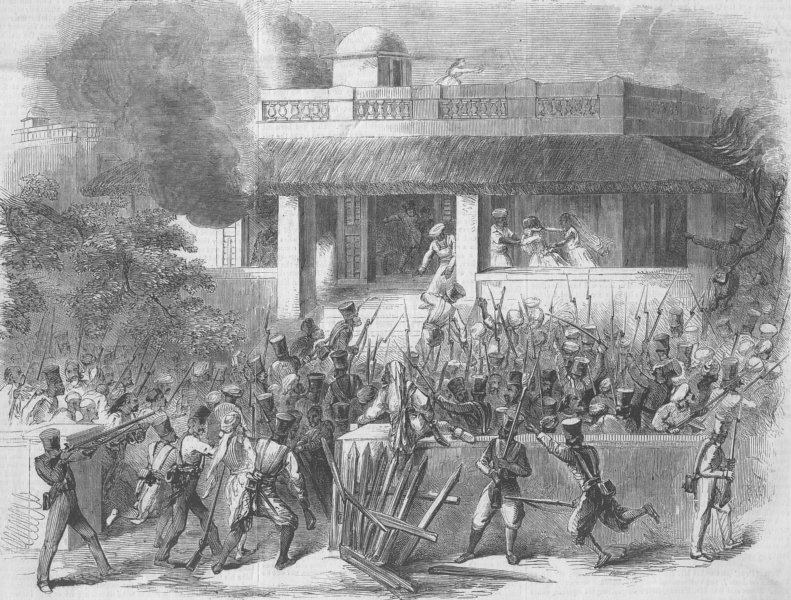
A stirring story emerged from eastern Europe in 1954, at the height of the Cold War: During a routine flight, a West German racing pigeon got lost in communist Czechoslovakia, and when she returned two days later, her leg bore a message addressed to Radio Free Europe:
We plead with you not to slow down in the fight against communism because communism must be destroyed. We beg for a speedy liberation from the power of the Kremlin and the establishment of a United States of Europe.
We listen to your broadcasts. They present a completely true picture of life behind the Iron Curtain. We would like you to tell us how we can combat bolshevism and the tyrannical dictatorship existing here.
We are taking every opportunity to work against the regime and do everything in our power to sabotage it.
The message was signed “Unbowed Pilsen.” (Pilsen is a city in western Bohemia.)
The pigeon was brought to the United States, where she was used in American Cold War morale efforts and became the emblem of the 1955 Crusade for Freedom.
How much of the story is true isn’t clear — the facts vary significantly with each telling, and the Crusade for Freedom was funded principally by the CIA, explicitly as a propaganda effort. Someone deserves credit for imagination, at least.

